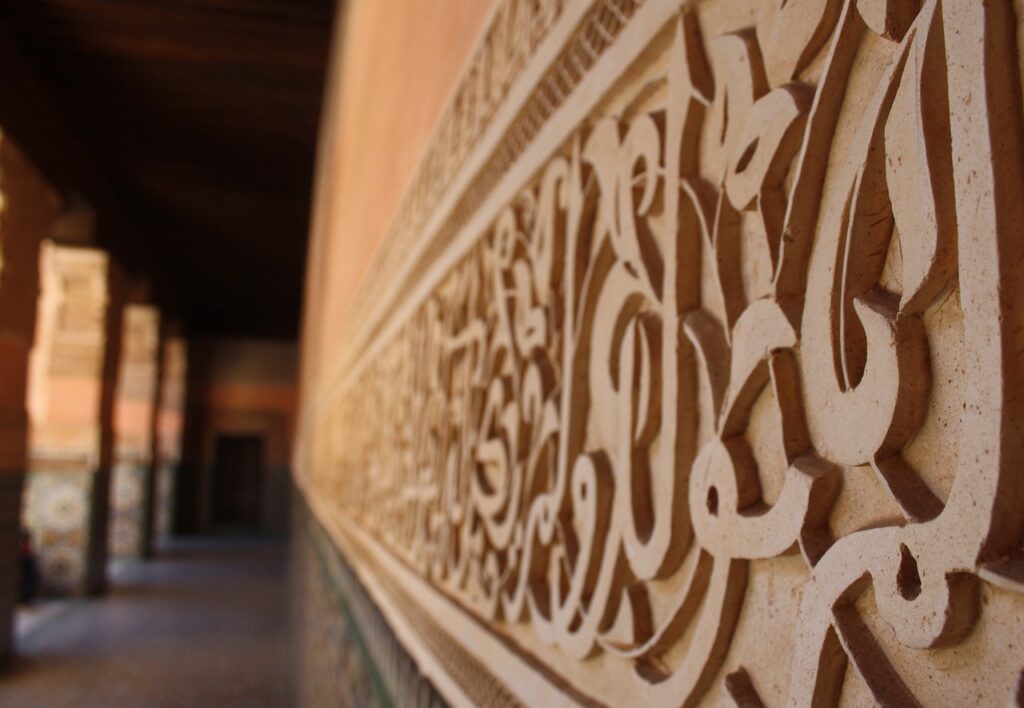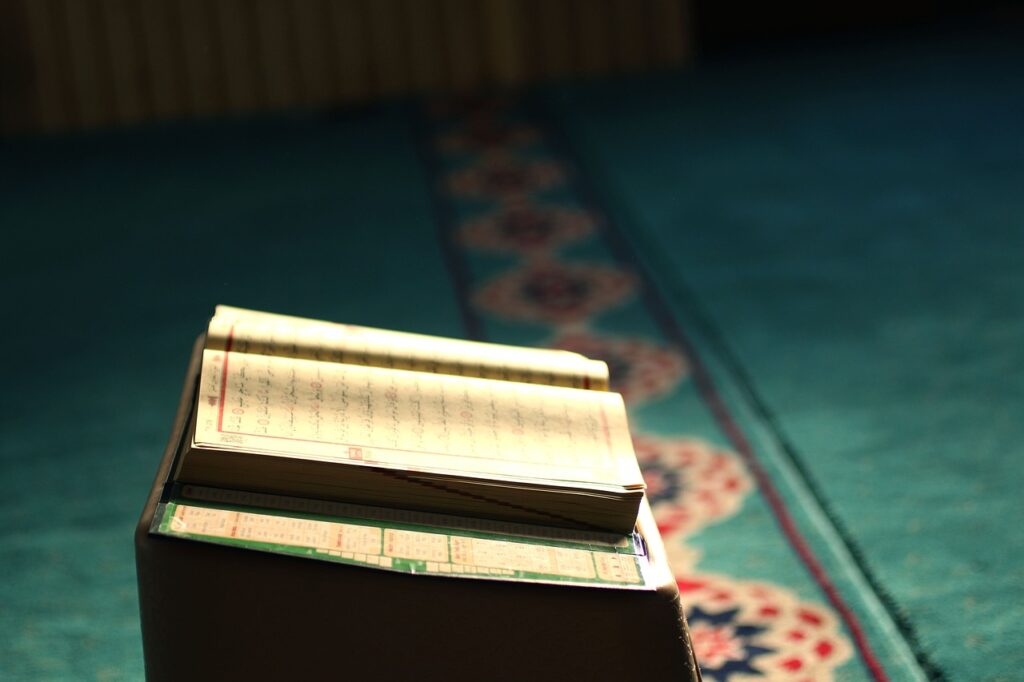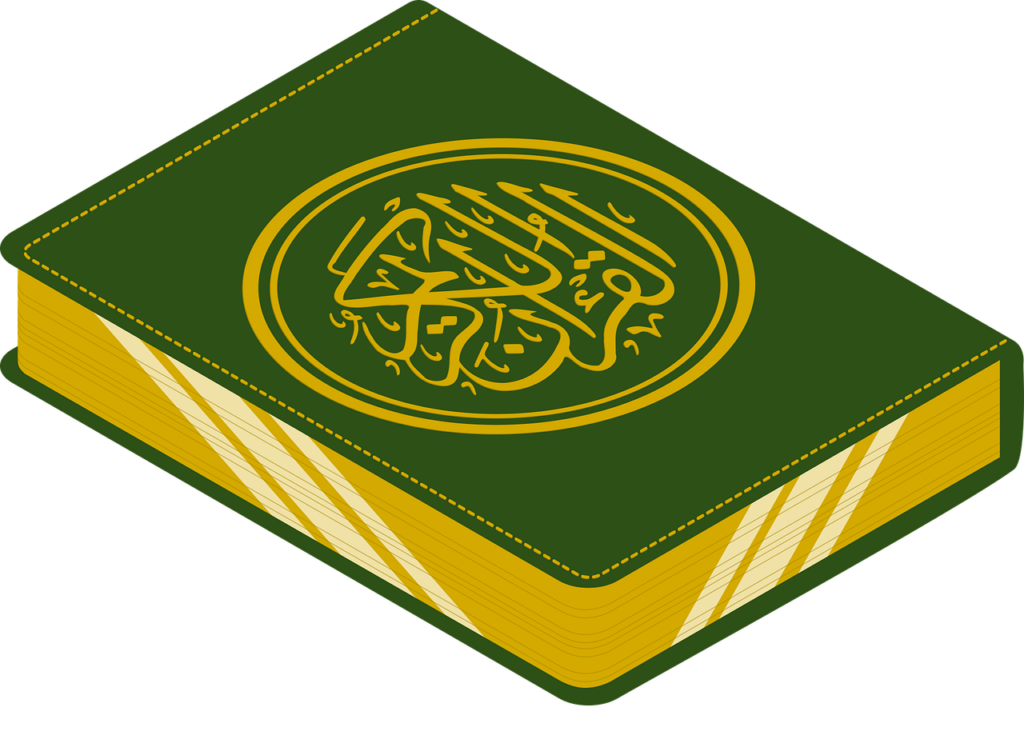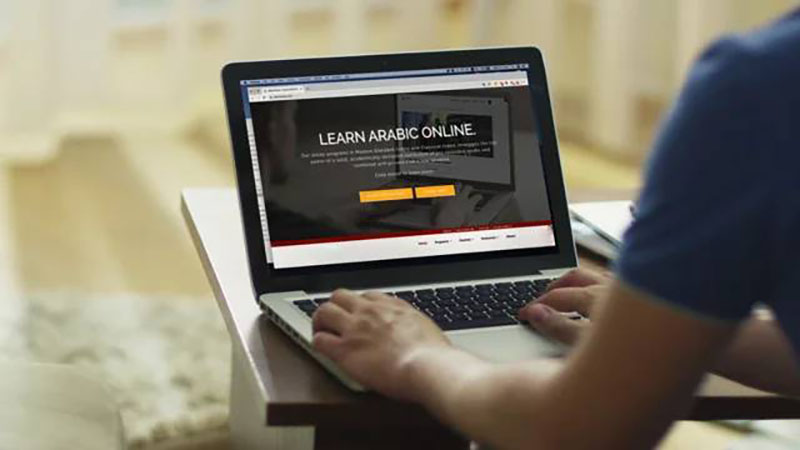The Best Time of Day to Memorize the Quran

The Best Time of Day to Memorize the Quran Memorizing the Quran, also known as Hifz, holds a central place in the life of a Muslim. This pious act, recommended by prophetic tradition, not only allows one to keep the divine words in the heart but also strengthens the spiritual connection with Allah. However, many […]
How to Memorize the Quran Quickly for Beginners

How to Memorize the Quran Quickly for Beginners: Effective Strategies and Tips Memorizing the Quran is a profound spiritual journey, especially for beginners who are embarking on this sacred mission. With the right techniques, dedication, and a structured approach, it’s possible to memorize the Quran efficiently and develop a deep connection with the Holy Book. […]
Best Methods to Learn Classical Arabic Online: A Complete Guide

Best Methods to Learn Classical Arabic Online: A Complete Guide Classical Arabic, also known as Fus’ha, is an essential language for any Muslim wishing to understand the Quran, religious texts, and Islamic literature. This form of Arabic is also the official language used in formal speeches, administrative documents, and literature across many Arab countries. Learning […]
Advantages of Online Tajweed Classes

Advantages of Online Tajweed Classes to Perfect Your Quran Recitation Reciting the Quran correctly is an obligation for every Muslim, and this requires mastering the rules of tajweed. The Prophet Muhammad (peace and blessings be upon him) said: “a” (Sahih al-Bukhari, 4937), emphasizing the importance of reciting the Holy Book with precision. Tajweed is the […]
Tips for Memorizing the Quran with Full Understanding

Tips for Memorizing the Quran with Full Understanding: A Complete Guide Memorizing the Quran, or Hifz, is one of the most commendable practices in Islamic tradition. It represents a deep spiritual commitment that connects the believer to the divine words. However, it is crucial not to reduce this process to mere mechanical repetition. Indeed, memorizing […]
How to Teach the Quran to Children at Home

How to Teach the Quran to Children at Home Teaching the Quran to children is one of the most rewarding and important responsibilities for Muslim parents. By introducing children to the Quran at an early age, parents help build a solid foundation of faith and understanding. In this guide, we will explore the most effective […]
Top 5 Arabic Courses for Adults with Al-Dirassa Institute

Top 5 Arabic Courses for Adults with Al-Dirassa Institute The Arabic language is the language of the Quran and the noble Hadith, serving as the foundation for Islamic teachings and practices. Mastering Arabic allows individuals to understand the divine messages and guidance contained in these sacred texts. Online courses provide essential access to Arabic learning, […]
What is Qiyam Al-Layl and How to Perform It?

What is Qiyam Al-Layl and How to Perform It? Qiyam Al Layl is a significant practice in Islam where Muslims perform voluntary prayers during the night. This practice holds great spiritual importance and is highly recommended for those seeking closeness to Allah. It was a consistent practice of the Prophet Muhammad (peace and blessings be […]
Hijab in Islam: Is it Obligatory and Why?

Hijab in Islam: Is it Obligatory and Why? The hijab is very important for a Muslim woman. It protects her, both physically and spiritually. A Muslim woman should be proud of her Hijab as she can be a good model for other women to follow. Also, the Hijab makes a woman closer to Allah, as […]
The Evil Eye in Islam

The Evil Eye in Islam: Unraveling Beliefs, Traditions, and Protection Introduction The concept of the ‘evil eye’ transcends cultures and histories, yet in the realm of Islamic tradition, it holds a distinct significance. This belief, embedded in both religious scriptures and cultural practices, is not just a superstition but a deeply rooted part of Islamic […]

